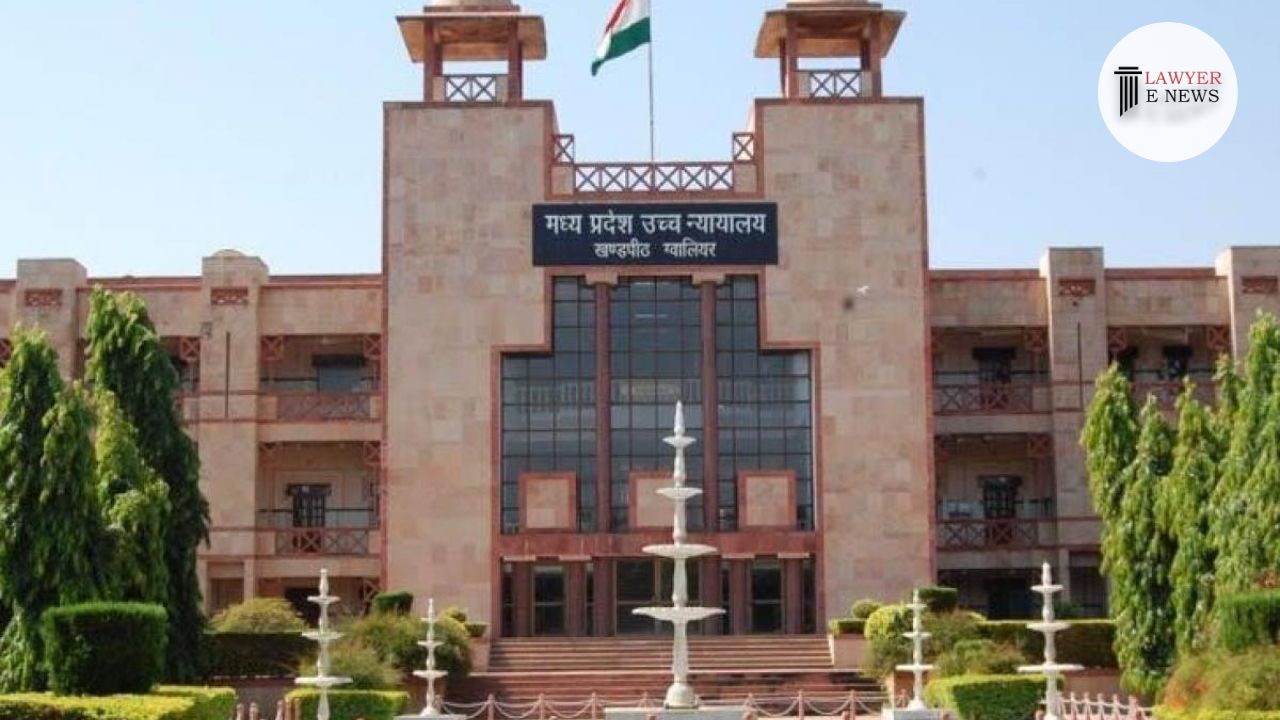-
by Admin
15 February 2026 2:36 AM



In a significant ruling, the High Court of Madhya Pradesh at Jabalpur dismissed a Misc. Petition (No. 38 of 2023) seeking mutation of names on the basis of a Will, asserting that “mutation entries in revenue records neither create nor extinguish title to the property.” The judgment, delivered by Hon’ble Shri Justice Gurpal Singh Ahluwalia on July 21, 2023, highlighted that such mutation entries are relevant solely for land revenue purposes and do not confer ownership rights.
The case revolved around the petitioners, Sushil Kumar Shukla and others, who had filed an application for mutation of their names based on a Will executed by Ramsunder Shukla for specific khasra numbers in Village Chorhata and Village Chorhati, Tehsil Huzur, District Rewa. The application was partially allowed by the Tehsildar and subsequently appealed by the petitioners, leading to the SDO Huzur, District Bhopal, allowing the appeal.
However, the Additional Commissioner, Rewa Division, Rewa, modified the SDO’s order based on inaccuracies, which led to respondents 1 to 25 applying for impleadment in the pending appeal. The Additional Commissioner allowed the application, leading to the present petition challenging the order.
The court, while upholding the principles laid down by the Supreme Court in various landmark cases, stressed that mutation of names based on a Will is not permissible and falls outside the jurisdiction of Revenue Authorities. Such entries in revenue records have no presumptive value on title and are solely relevant for land revenue collection purposes. The court further emphasized that the title to the property can only be determined by a competent civil court.
“Mutation of property in revenue records neither creates nor extinguishes title to the property nor has it any presumptive value on title. Such entries are relevant only for the purpose of collecting land revenue.” Additionally, the court noted that the Supreme Court has consistently ruled that an entry in revenue records does not confer ownership rights and that the legal title to the property can only be established through a competent civil court.
In conclusion, the court dismissed the petition seeking mutation based on the Will, advising the petitioners to seek a declaration of title through a competent civil court, as mutation entries alone cannot confer ownership rights. This judgment serves as a significant precedent, clarifying the scope and limitations of mutation entries in revenue records in property law cases.
Date of Decision: July 21, 2023
SUSHIL KUMAR SHUKLA vs SMT. SUSHILA
